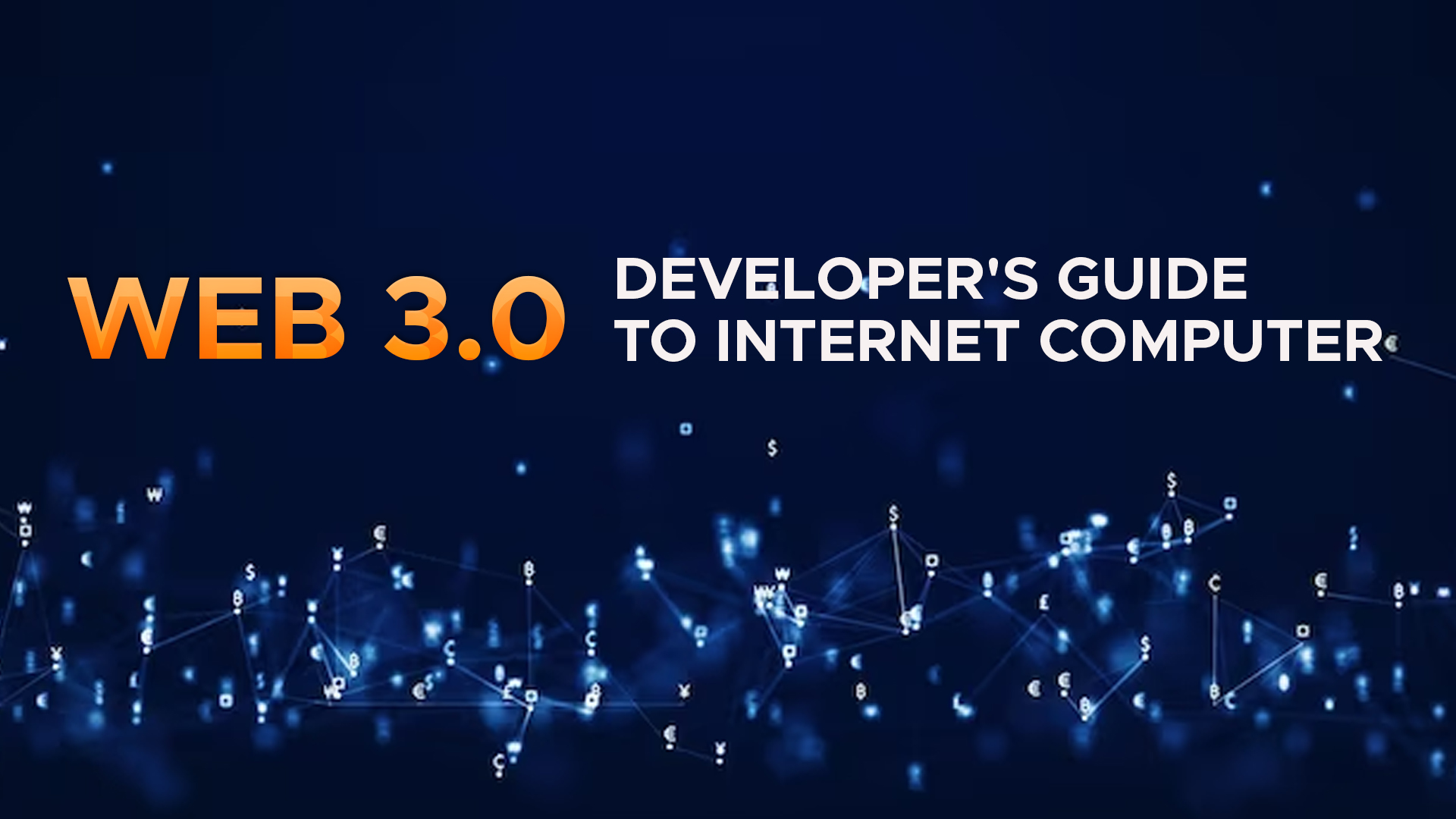- Web 3.0 can be understood as a combination of AI and blockchain technology that will allow users to build, share, and collaborate on applications without relying on traditional intermediaries, fostering a more open and equitable digital landscape.
- Web 3.0 represents the next stage of Internet development, emphasizing decentralized and user-centric experiences. It seeks to enhance interconnectivity and data ownership.
- The Internet Computer aligns with Web 3.0’s principles by enabling open and trustless applications. It achieves this by utilizing blockchain technology and smart contracts to create a decentralized platform.
Understanding ICP
The Internet Computer Protocol (ICP) is a blockchain-based protocol that enhances the possibilities of the conventional Internet. It creates an environment for developing and deploying software on a worldwide level. ICP offers a unified platform that enables more secure and scalable applications in the blockchain network.
ICP’s architecture is built on key concepts that drive innovation.
- Canisters, which are like secure software units, enable apps to run independently and scale efficiently.
- Cycles, the network’s native tokens, facilitate transactions and computation within the system.
- A decentralized identity system improves online security and privacy.
Building Environment
To set up your development environment for the Internet Computer, below mentioned steps are meant to be followed.
- Install DFINITY SDK for building apps.
- Pick a code editor (like VS Code).
- Get familiar with the Motoko programming language.
- Use the DFX command-line tool for managing projects.
- Utilize the Internet Computer’s documentation and online resources for guidance.
Canisters
- Canisters can be understood as secure software units that are subparts of an internet computer, where each canister holds a piece of a program, leading to a dense network of canisters sharing the data.
- Canisters work together as equals, communicating and collaborating without a single central authority.
- They encapsulate both application code and state, allowing for efficient and secure computation in an isolated environment for execution.
Smart Contracts
Smart contract capabilities enable transactions to execute predefined actions automatically. These contracts can interact and exchange data with other canisters and the broader network seamlessly. Writing smart contracts for Internet Computer apps involves:
- Defining contract logic using the Motoko language
- Deploying contracts onto the Internet Computer network
- Interacting with contracts via canister methods
Smart Contract Use Cases
-
- Decentralized finance (DeFi) protocols
- Non-fungible token (NFT) marketplaces
- Supply chain tracking
- Voting systems
- Data storage
These enable secure and transparent interactions within the network.
Web Interface Technology
Developers can utilize their existing web development skills on the Internet Computer by integrating familiar tools.
- JavaScript can be used to build frontend interfaces, enabling seamless interactions with canister methods.
- The Internet Computer’s compatibility with React and other frameworks allows developers to create dynamic and responsive UIs.
By leveraging these technologies, developers can extend their capabilities and build user-friendly, decentralized applications on the Internet Computer network.
Decentralized Identity System
- ICP’s decentralized identity system empowers users with increased control over their digital identity and personal data.
- It allows individuals to manage their online presence without relying on centralized authorities.
- Users can selectively share information while preserving privacy.
Use Cases And Applications
Web 3.0 applications on the Internet Computer can transform industries. In finance, DeFi protocols can offer transparent and efficient financial services. Supply chain tracking benefits from verifiable data. NFT marketplaces in art and gaming flourish. The platform’s decentralization, transparency, and security align with these and other industries, offering innovative solutions and disrupting traditional models.
Conclusion
- Building Web 3.0 apps on the Internet Computer involves leveraging decentralized identity, smart contracts, and familiar web technologies.
- Developers can craft user-centric applications with enhanced security and data control.
- This platform’s potential to reshape industries and foster innovation makes it a pivotal force in shaping the future of the Internet.

